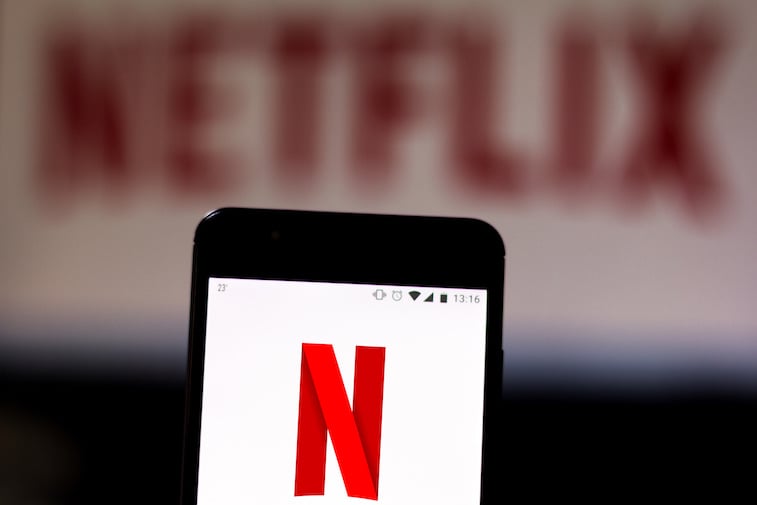The Success of ‘Bojack Horseman’ Should Teach Netflix a Valuable Lesson
Considering that it’s a show about animated, talking animals, the success of Bojack Horseman has taken many by surprise. But if you’ve ever seen the show, it’s easy to understand why viewers fall in love with the emotionally damaged characters, like the alcoholic ex-Hollywood star, the depressed writer, and the overworked agent with a ticking biological clock.
Netflix took a big chance on Bojack Horseman – one that they may not have taken if the show was pitched today.
The streaming service has changed in a big way over the last few years. But is it necessarily for the better or are we going to miss out on more great shows because of those changes?
Why ‘Bojack Horseman’ is a great show

At first glance, Bojack Horseman looks like a light-hearted, silly animation. But watch a little more of the show, and the characters deepen, the situations become serious, and suddenly it becomes clear that these talking animals may be the most emotionally realistic characters to ever appear on a TV show.
Bojack Horseman‘s main character is a horse who was once a big TV star on an 80’s sitcom. His career is strangely reminiscent of Bob Saget on Full House. However, he hasn’t held it together as well as Saget seems to have.
As we watch this dried-up star struggle to regain some sense of success in the modern era, his troubled childhood and emotional scars become the reasons that he continues to flounder in the real-world, and excuses for his bad-behavior, depression, and alcoholism.
The show may be animated, but it takes on serious topics in a way that’s more true to real-life than we’ve ever seen on TV before, and that makes viewers love the show because we can all see our own flaws in the characters.
Eli Goldstone, for The Guardian, explained the show’s success in a fantastic way when he wrote, “When I am watching the misadventures of a cartoon horse, and I am suddenly face to face with myself, that takes me by surprise, and I am moved deeply and without warning.”
Netflix changed the way it operates since ‘Bojack Horseman’
Bojack Horseman premiered in 2014 when things were very different at Netflix. A the time, Netflix was just beginning its foray into self-created content. They still mostly relied on licensed shows, like Friends and The Office, from other networks to get the majority of their views.
This meant that with their new content, they had the luxury of letting it grow slowly, which is exactly what happened with Bojack Horseman.
Creator of the show, Raphael Bob-Waksberg told the Los Angeles Times, “I remember being told, ‘We expect the biggest day BoJack season one is going to have is when we launch BoJack season two,'” Bob-Waksberg said. “We didn’t get a full two-season pickup, but that was the understanding, that these things take time to build.”
But since that time, Netflix has lost out on the streaming rights to a huge number of shows that it used to rely on. Networks are realizing that they can make more money by keeping their shows to stream on their own newly-created services.
This means that Netflix has some big gaps to fill and it fills them with self-created content. Now, instead of only a few of its own shows, Netflix is premiering a new show practically every day. And these shows aren’t going to have the luxury of growing slowly as Bojack Horseman did.
What can Netflix learn from ‘Bojack Horseman’?
The new model for Netflix shows is that they need to perform from the start or risk cancellation. While they still cancel fewer shows than most networks, Netflix’s cancelation rate is growing, and that means fewer options for slow-moving shows.
Like Bojack Horseman, we used to be able to find a large number of creative, artsy, and awards-worthy shows on Netflix. But now, without the time to develop, those shows will disappear, leaving Netflix to resemble just another TV network. Bojack Horseman took time to grow, but it ended up being a huge success for Netflix.
If they don’t look back at that success and realize what they’re losing when they rush the development of shows, they’ll have fewer successes. Viewers will miss out on great shows, and that’s a shame.


